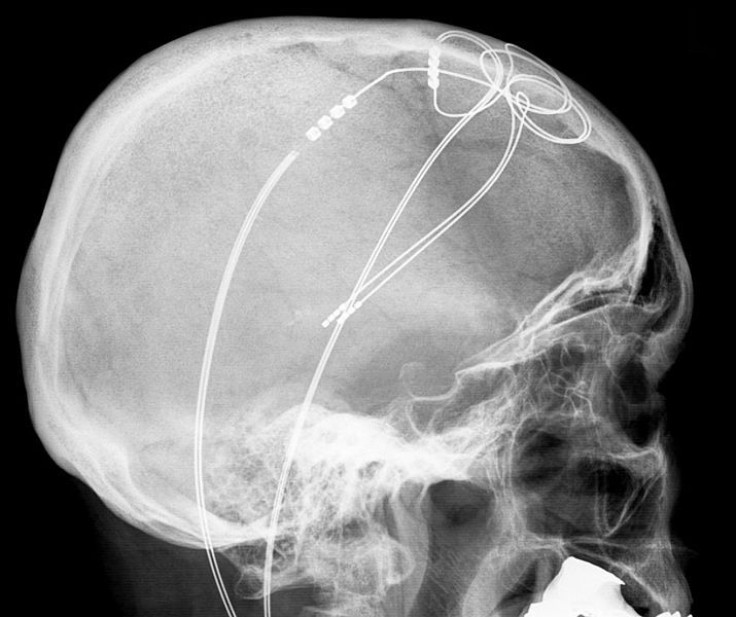Deep Brain Stimulation Devices Help Parkinson's

A new study that tried to determine if an implantable device can help with Parkinson's symptoms has been published in the New England Journal of Medicine.
The study showed that deep brain stimulation, where a small device is implanted into the brain and sends electric pulses to specific neural regions can help stem some side effects if used earlier on in treatment.
The Parkinson's disease foundation indicates that close to 1.5 million Americans have the disease that results from death of neurons and the lack of ability to make dopamine, a neurotransmitter important in motor control.
The patients in the study had moderate to severe Parkinson's and were beginning to be unresponsive to their medications.
The study followed 251 patients for 7.5 years, on average. The results showed that those that too medication alone progressed in their disease, but those that took their medication and had the deep brain stimulation had improvements of their quality of life.
The devices used in the study were Kinetra or Soletra machines made by Medtronic Inc.
"The observed difference between the treatment groups is thus due to an improvement among patients receiving neurostimulation," said the researchers led by Michael Schuepbach, from the University of Pierre and Marie Curie and Inserm in Paris. "As a main benefit from the patient's perspective, activities of daily living were improved among patients with neurostimulation in the worst condition during the day."
The devices did not reduce symptoms of the disease, but rather resulted in patients showing signs of improvement in their emotional states and the ability to think clearly and did result in small motor improvements.
Caroline M. Tanner of Stanford University wrote in an editorial: "for carefully chosen, high-functioning patients" the device appears to provide "additional years of good functioning."
The study is published in the New England Journal of Medicine here



























